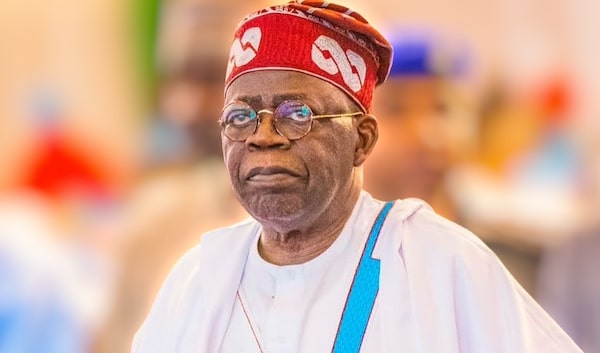In a recent release of its Global Economic Outlook at the International Monetary Fund/World Bank Spring Meetings in Washington D.C., on Tuesday, the IMF provided projections for Nigeria’s economy, indicating a significant shift in inflation rates.
Division Chief of the IMF Research Department, Daniel Leigh, highlighted the impact of Nigeria’s economic reforms, including exchange rate adjustments, which have led to a surge in inflation rate to 33.2 percent in March.
Nigeria’s inflation rate rose to 33.2 percent according to recent data released by the National Bureau of Statistics.
Also, the food inflation rate increased to over 40 per cent in the first quarter of 2024.
Leigh stated, “We see inflation declining to 23 per cent next year and then 18 percent in 2026.”
This is however different from the fund’s prediction of a new single-digit (15.5 per cent ) inflation rate for 2025 which it predicted last year.
He further elaborated on Nigeria’s economic growth, which is expected to rise from 2.9 percent last year to 3.3 percent this year, attributing this expansion to the recovery in the oil sector, improved security, and advancements in agriculture due to better weather conditions and the introduction of dry season farming.
The IMF official also noted a broad-based increase in Nigeria’s financial and IT sectors.
“Inflation has increased, reflecting the reforms, the exchange rate, and its pass-through into other goods from imports to other goods,” Leigh explained.
He added that the IMF revised its inflation projection for the current year to 26 percent but emphasised that tight monetary policies and significant interest rate increases during February and March are expected to curb inflation.
An official of the IMF Research Department, Pierre Olivier Gourinchas commented on the global economic landscape, mentioning that oil prices have risen partly due to geopolitical tensions, and services inflation remains high in many countries.
Despite Nigeria’s inflation target of six to nine percent being missed for over a decade, Gourinchas stressed that bringing inflation back to target should be the priority.
He warned of the risks posed by geo-economic fragmentation to global growth prospects and the need for careful calibration of monetary policy.
“Trade linkages are changing, and while some economies could benefit from the reconfiguration of global supply chains, the overall impact may be a loss of efficiency, reducing global economic resilience,” Gourinchas said.
He also emphasised the importance of preserving the improvements in monetary, fiscal, and financial policy frameworks, particularly for emerging market economies, to maintain a resilient global financial system and prevent a permanent resurgence in inflation.




